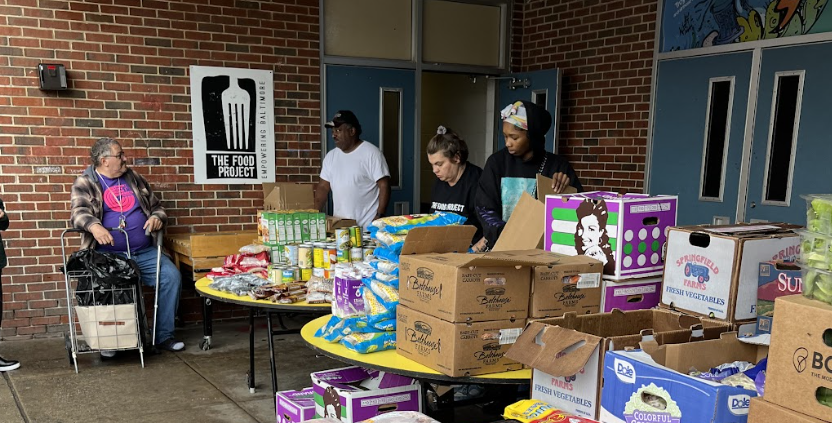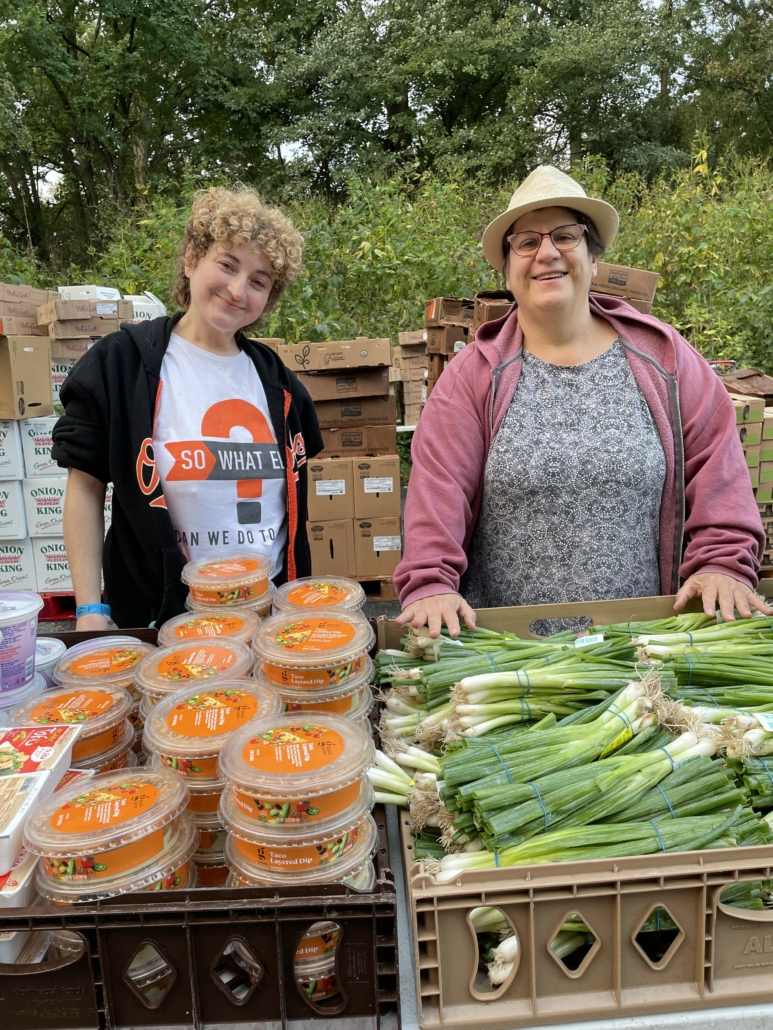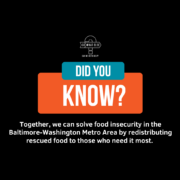The Essential Guide to Food Bank Donations: What to Give and What to Skip
Food banks play a critical role in supporting communities by providing essential nutrition to those in need. With the increasing number of people facing food insecurity, donations to food banks have become more vital than ever. By understanding what to donate and what to avoid, you can maximize the impact of your contributions and help ensure that food banks can meet the diverse needs of their recipients.
At So What Else, we are committed to community service and addressing food insecurity. Your thoughtful donations can help us continue to make a difference in the lives of many. Let’s delve into the essentials of food bank donations, focusing on the best items to contribute and those that should be avoided.
Non-Perishable Foods: The Backbone of Food Bank Supplies
Non-perishable foods are the cornerstone of food bank donations. These items have a long shelf life, making them ideal for storage and distribution. When selecting non-perishables to donate, consider the following:
- Canned Vegetables and Fruits: Ensure they are low in sugar and sodium.
- Canned Proteins: Tuna, chicken, and beans are excellent protein sources.
- Pasta and Rice: Versatile staples that can be used in various meals.
- Nut Butters: Peanut butter and almond butter are nutritious and shelf-stable.
These items are not only practical but also provide essential nutrients. Avoid donating junk food or items with excessive sugar and preservatives, as they do not contribute to a balanced diet.
By focusing on non-perishable foods, you ensure that your donations are both useful and sustainable. For more information on how to support our efforts, visit So What Else.
Fresh Produce: When and How to Donate
While non-perishables are crucial, fresh produce is also highly valuable. However, donating fresh produce requires careful consideration to ensure it remains in good condition:
- Timing: Donate produce during food bank operating hours to minimize spoilage.
- Selection: Choose hardy vegetables and fruits that have a longer shelf life, such as apples, carrots, and potatoes.
- Preparation: Pre-wash and pack produce in clean, secure containers.
Fresh produce donations help provide vital vitamins and minerals that are often lacking in non-perishable items. Ensure that the produce is fresh and free from blemishes or spoilage.
Donating fresh produce can be a bit more challenging, but the nutritional benefits it provides are invaluable. To learn more about our initiatives and how you can help, visit So What Else.
Canned Goods: Best Options for Long-Lasting Nutrition
Canned goods are a staple of food bank donations due to their long shelf life and nutritional value. Here are some of the best options to consider:
- Canned Vegetables: Look for options with no added salt.
- Canned Fruits: Choose fruits packed in juice rather than syrup.
- Canned Proteins: Canned fish, chicken, and beans provide essential protein.
- Canned Soups and Stews: Opt for those with low sodium and high nutritional content.
When donating canned goods, avoid items that are dented, rusted, or nearing their expiration dates. These can pose health risks and are often discarded.
Canned goods offer a convenient and nutritious option for food bank recipients. By donating wisely, you can ensure that your contributions are both safe and beneficial. Explore more ways to get involved at So What Else.
Personal Care Items: Beyond Just Food Donations
Food banks often accept more than just food. Personal care items are in high demand and can significantly impact the well-being of those in need. Consider donating the following:
- Toiletries: Soap, shampoo, toothpaste, and toothbrushes.
- Feminine Hygiene Products: Tampons and sanitary pads.
- Baby Supplies: Diapers, baby wipes, and baby formula.
- Household Cleaning Products: Detergents and disinfectants.
These items are essential for maintaining hygiene and dignity but are often overlooked in food donations. Ensure that all items are new, unopened, and within their use-by dates.
Including personal care items in your donations can make a substantial difference. To understand how you can further support our mission, visit So What Else.
Special Dietary Needs: Donating for Diverse Dietary Requirements
Food bank recipients come from diverse backgrounds and have varying dietary needs. To cater to these needs, consider donating:
- Gluten-Free Products: Gluten-free pasta, bread, and snacks.
- Dairy-Free Alternatives: Plant-based milk and cheese.
- Low-Sugar Items: Suitable for individuals with diabetes.
- Kosher and Halal Foods: Respecting religious dietary laws.
Donating items that cater to special dietary requirements ensures that all recipients have access to suitable and nutritious food. Avoid donating items with common allergens unless they are specifically labeled as allergen-free.
By considering the diverse needs of food bank recipients, you can make your donations more inclusive and impactful. Find out more about our community programs at So What Else.
Homemade Foods: Why They Are Often Not Accepted
While the intention behind donating homemade foods is admirable, most food banks cannot accept them due to health and safety regulations. Here’s why:
- Food Safety: Homemade items lack the standardized safety measures of commercially packaged foods.
- Allergen Risk: Ingredients may not be clearly labeled, posing a risk to those with allergies.
- Shelf Life: Homemade foods typically have a shorter shelf life and require refrigeration.
Instead, consider donating commercially packaged and sealed foods that meet health and safety standards.
Understanding these regulations helps ensure that your contributions are safe and acceptable. To learn more about safe donation practices, visit So What Else.
Expired and Damaged Items: Why They Should Be Avoided
Expired and damaged items pose significant health risks and are often discarded by food banks. When preparing your donations, keep the following in mind:
- Check Expiration Dates: Ensure all items are well within their expiration dates.
- Inspect Packaging: Avoid donating items with damaged packaging, as they may be contaminated.
- Quality Over Quantity: Focus on donating fewer, high-quality items rather than many that may be unsuitable.
By donating items that are safe and in good condition, you can help food banks operate more efficiently and safely.
Avoiding expired and damaged items ensures that your contributions are truly beneficial. For more tips on effective donations, visit So What Else.
Seasonal and Holiday Donations: Adding a Special Touch
Seasonal and holiday donations can bring joy and a sense of normalcy to those in need. When donating during these times, consider items that can brighten the holidays for families and individuals:
- Holiday Treats: Festive cookies, candies, and chocolates.
- Seasonal Foods: Canned pumpkin, cranberry sauce, and other holiday meal staples.
- Gift Items: Small toys, books, and festive decorations.
These thoughtful contributions can make holidays brighter and more special for those relying on food banks. Make sure all holiday donations are non-perishable and do not require special storage conditions.
Seasonal and holiday donations add a special touch and show extra care for those in need. To learn more about how your seasonal contributions can make a difference, visit So What Else.
Conclusion: Making the Most of Your Food Bank Contributions
Donating to food banks is a powerful way to support your community, but it’s essential to do so thoughtfully. By understanding what to donate and what to avoid, you can ensure that your contributions are both safe and useful. Here are some key takeaways:
- Focus on Non-Perishables: These items are the backbone of food bank supplies and have a long shelf life.
- Consider Fresh Produce: When possible, donate fresh produce that is hardy and can last longer.
- Include Personal Care Items: Hygiene products are crucial and often in short supply.
- Cater to Special Dietary Needs: Provide options for those with specific dietary requirements.
- Avoid Homemade and Expired Items: Stick to commercially packaged foods and check expiration dates.
- Add a Festive Touch: Seasonal and holiday items can bring extra joy to recipients.
By following these guidelines, your donations can make a meaningful impact. Remember, every contribution counts and helps us at So What Else continue our mission of supporting those in need.
To make a donation or learn more about our initiatives, visit So What Else. Your support is invaluable in our efforts to combat food insecurity and provide essential services to our community. Thank you for your generosity and commitment to making a difference.















